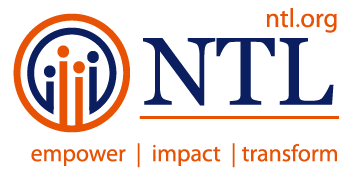Even though the Social Change Professional (SCP) role and SCP behaviour are critical to alternative development, we believe that practitioner-scholars and academic researchers have not paid enough attention to defining the role and the skills needed to be an SCP. This paper takes a step towards addressing that deficit. We start by introducing eight theoretical paradigms that we have found most helpful in illuminating aspects of the role.
These eight paradigms bring together writing from diverse theoretical perspectives, and multiple different global settings; and address methods and approaches applied at a variety of system levels. We continue by identifying some of the common elements of the SCP role, and also the core skills and competencies that are stated or implied in the literature reviewed. In the concluding section of this paper we discuss the practical implications of our framework to focus additional research on the role of the SCP, to create training programmes and developmental experiences, and to enhance reflective practice. and academic researchers have not paid enough attention to defining the role and the skills needed to be an SCP. This paper takes a step towards addressing that deficit. We start by introducing eight theoretical paradigms that we have found most helpful in illuminating aspects of the role. These eight paradigms bring together writing from diverse theoretical perspectives, and multiple different global settings; and address methods and approaches applied at a variety of system levels.
We continue by identifying some of the common elements of the SCP role, and also the core skills and competencies that are stated or implied in the literature reviewed. In the concluding section of this paper we discuss the practical implications of our framework to focus additional research on the role of the SCP, to create training programmes and developmental experiences, and to enhance reflective practice.

